Addressing relationship challenges requires genuine effort. When one partner feels unheard, it creates a significant emotional distance. This feeling can stem from various sources. It often builds up over time. Small misunderstandings accumulate. They become larger issues. Neglecting these feelings can be detrimental. It erodes trust and intimacy. Both partners must actively engage. They need to understand the root cause. This is crucial for resolution. Ignoring the problem will not make it disappear. Instead, it deepens the divide. Open communication is paramount here. Without it, the problem festers.
“When one partner feels unheard, it creates a significant emotional distance.”
The impact of feeling unheard is profound. It can lead to resentment. The unheard partner might withdraw. They may stop sharing their thoughts. This creates a cycle of silence. The other partner might feel confused. They might not grasp the issue. This lack of understanding is common. It perpetuates the problem. Emotional well-being suffers greatly. Mental health can also be affected. The relationship dynamic shifts negatively. It becomes less supportive. Both individuals feel the strain. The connection weakens considerably. It is a slow, painful process. This erosion is hard to reverse. Early intervention is key. It prevents further damage.
“This feeling can stem from various sources.”
Miscommunication is a primary culprit. Partners might interrupt each other. They might not listen actively. Distractions play a big role. Phones, work, and daily life interfere. Lack of empathy also contributes. One partner might dismiss feelings. They might invalidate concerns. Past unresolved conflicts can resurface. These old wounds hinder present listening. Different communication styles also cause issues. One partner might be direct. The other might be indirect. These differences lead to misunderstandings. Expectations also play a part. Unrealistic expectations burden the relationship. Stress from external factors impacts interactions. Financial pressures or job stress affect listening. Personal biases can also block understanding. Each person brings their own history. These histories shape their perceptions.
“Both partners must actively engage.”
Active listening is fundamental. It means truly hearing the other person. Pay attention to their words. Notice their body language. Acknowledge their feelings. Don’t interrupt them. Let them finish their thoughts. Summarize what you hear. This shows you understood them. Ask clarifying questions respectfully. Avoid making assumptions. Validate their experiences. Even if you disagree, acknowledge their emotion. Create a safe space for sharing. This encourages openness. Set aside dedicated time for talking. Minimize distractions during these talks. Show genuine curiosity. Your partner needs to feel valued. Their feelings matter. This engagement builds bridges. It closes the emotional gap.
“They need to understand the root cause.”
Investigating the problem is vital. Why does one partner feel unheard? Is it a recent issue? Has it been ongoing? Consider specific instances. When did it start? What triggered it? Reflect on past interactions. Were there ignored attempts to communicate? Were feelings consistently dismissed? Explore individual behaviors. What are your own communication habits? Are you truly present? Are you reactive or responsive? Understand your partner’s perspective. What do they believe is happening? How do they perceive your reactions? This joint exploration is powerful. It reveals underlying patterns. Identifying the core issue allows for targeted solutions. Without this understanding, solutions are superficial.
“Open communication is paramount here.”
Beyond active listening, open dialogue is essential. This means expressing needs clearly. Use “I” statements to describe feelings. For example, “I feel unheard when…” Avoid accusatory language. This creates defensiveness. Be specific about your needs. What do you want to happen? How can your partner help? Encourage your partner to do the same. Create a two-way street for expression. Be honest about your own struggles. It’s okay to admit flaws. This fosters vulnerability. Vulnerability builds deeper connection. Practice patience with each other. Communication styles don’t change overnight. It’s a continuous process. Regular check-ins are beneficial. Discuss how things are progressing. Adjust as needed.
“Early intervention is key.”
Don’t wait for things to escalate. Address issues as they arise. Small problems are easier to fix. Ignoring them makes them grow. Acknowledge discomfort early on. Talk about it before resentment builds. This prevents emotional distance. It stops further damage. Seeking professional help early is wise. A therapist can guide conversations. They offer neutral perspectives. They provide tools for better communication. This proactive approach saves relationships. It strengthens the bond. It demonstrates commitment to the partnership. Prevention is always better than cure. It saves emotional energy and time.
“The connection weakens considerably.”
When partners feel unheard, the bond frays. Shared experiences lose their joy. Intimacy diminishes over time. Both physical and emotional closeness suffer. Trust erodes slowly but surely. It becomes hard to rely on each other. The sense of partnership lessens. Individuals start living parallel lives. They might feel isolated, even together. The emotional chasm widens. It becomes harder to bridge. This weakens the entire relationship structure. The foundation becomes unstable. Without a strong connection, love struggles to thrive. Resentment and bitterness fill the void. The relationship becomes a source of pain, not joy. Rebuilding this trust and connection takes immense effort and time.
“Rebuilding this trust and connection takes immense effort and time.”
Repairing the damage requires dedication. Both partners must commit to change. It’s a gradual process, not instant. Patience is absolutely crucial. Start with small, consistent steps. Make listening a daily practice. Show appreciation for their efforts. Acknowledge progress, no matter how small. Re-establish rituals of connection. Spend quality time together. Engage in shared activities. Rebuild emotional intimacy. Share vulnerabilities again. Express affection regularly. Forgiveness is also part of healing. Forgive past hurts. Focus on the present and future. Professional guidance can accelerate healing. A therapist provides a roadmap. They offer unbiased support. This journey strengthens the bond eventually. It transforms the relationship.
“This journey strengthens the bond eventually.”
Successfully navigating feeling unheard leads to growth. The relationship emerges stronger. Partners gain deeper understanding. They learn valuable communication skills. Empathy increases significantly. They become more attuned to each other. Challenges become opportunities for closeness. Resilience in the face of conflict grows. The relationship becomes more robust. Both individuals mature emotionally. They learn about themselves too. The bond becomes more authentic. Trust is not just rebuilt; it deepens. The foundation is firmer than before. This process transforms love. It moves beyond superficiality. It becomes a lasting, profound connection. The effort truly pays off.
“It moves beyond superficiality.”
Surface-level interactions are replaced. Deeper emotional sharing emerges. Partners discuss true feelings. They share vulnerabilities openly. They feel safe being themselves. Masks and pretense drop away. The relationship gains authenticity. It’s built on true understanding. The connection is more meaningful. Both individuals feel seen. They feel truly accepted. This depth enriches lives. It fosters genuine companionship. The bond becomes a true partnership. It’s a source of profound support. It is a relationship built on trust and respect.
Unheard feelings threaten partnerships; address them with empathy, clear talks, and active listening for a stronger, deeper connection.
